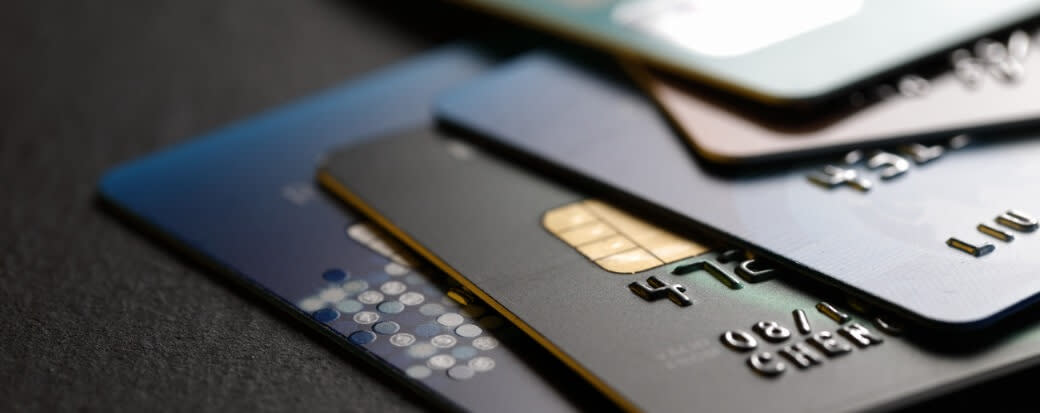Choosing Between a Business Credit Card and a Personal Credit Card

Share this article:
Editor’s note: Lantern by SoFi seeks to provide content that is objective, independent and accurate. Writers are separate from our business operation and do not receive direct compensation from advertisers or partners. Read more about our Editorial Guidelines and How We Make Money.
What Are Personal Credit Cards Used for?
What Are Business Credit Cards Used for?
Key Differences Between a Business and a Personal Credit Card
Credit Limits
Rewards
Bookkeeping Benefits
Interest Rates
Credit Reporting
Consumer Protection Rights
Limitations on interest rate hikes Prevention of double-cycle billing Limitations on fees
Business Credit Card vs. Personal Credit Card: Which Is Right for You?
Finding the Right Credit Card
The Takeaway
Frequently Asked Questions
Photo credit: iStock/bernie_photo
LCCC0422005
About the Author
Lauren Ward is a personal finance expert with nearly a decade of experience writing online content. Her work has appeared on websites such as MSN, Time, and Bankrate. Lauren writes on a variety of personal finance topics for SoFi, including credit and banking.
Share this article: